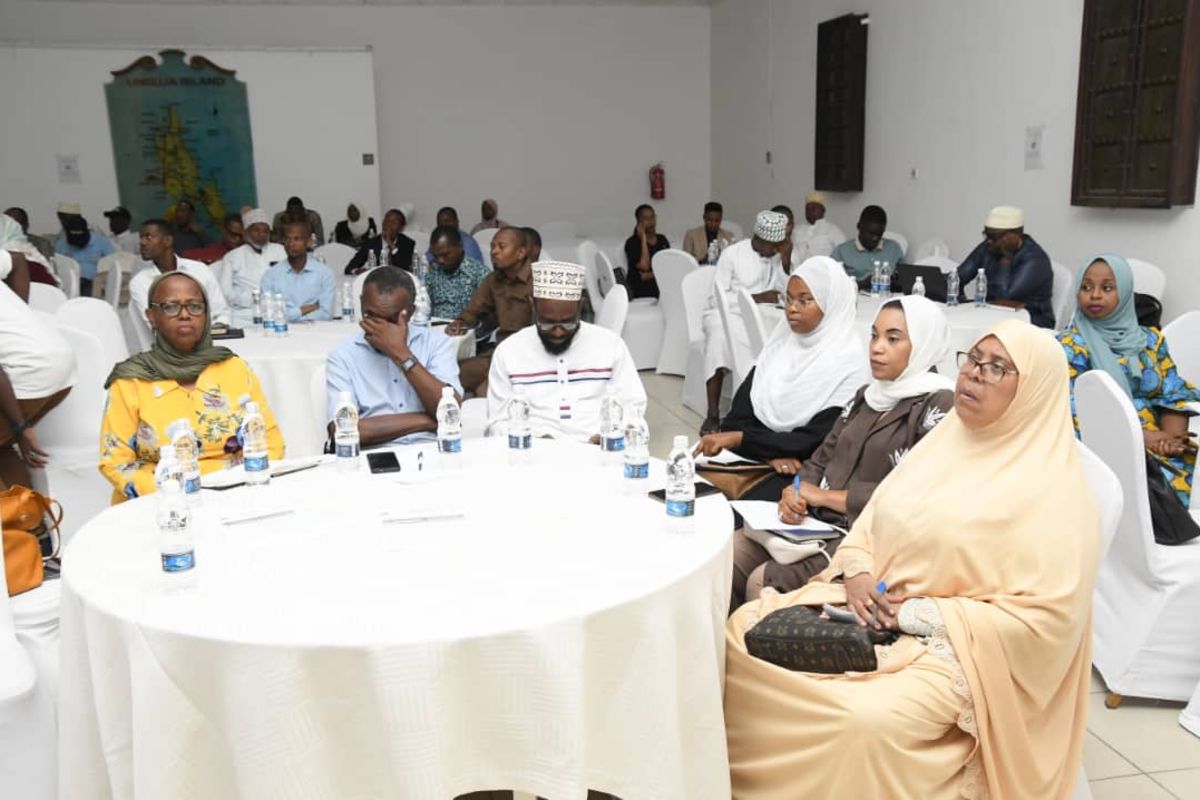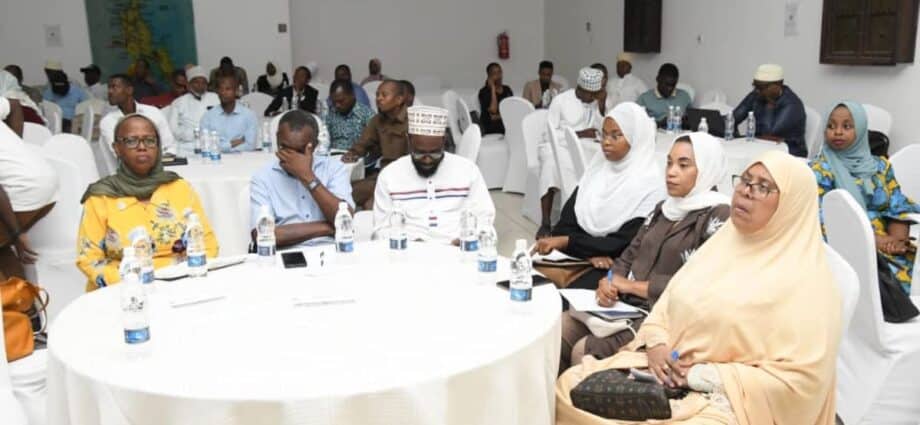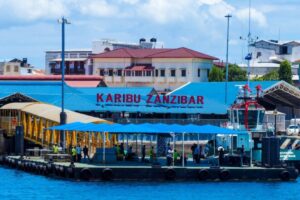
Unguja. The chairperson of the National Advisory Committee for the Gender Equality Platform (GEF), has urged the private sector to create comprehensive databases of qualified female professionals.
This, she said, will facilitate their recruitment, promotion, and placement into leadership roles.
Kairuki made the call on Saturday, December 14, 2024, during a national gender equality platform meeting with private sector leaders in Zanzibar.
She emphasised that achieving gender equality is not only a matter of social justice but also a driver of economic growth.
“Given the momentum we are building, I encourage every business and institution to adopt gender-sensitive criteria for leadership, ensuring that we build inclusive workplaces,” she said.
Ms Kairuki, who also serves as an advisor to President Samia Suluhu Hassan, urged organisations to implement policies that promote equal pay, flexible working hours, and a zero-tolerance approach to harassment.
She also highlighted the unique economic and social context of Zanzibar, pointing out that the region has an invaluable opportunity to integrate gender equality into its broader development agenda.
“This platform serves as a reminder that the private sector can spearhead significant changes in gender equality, and leaders can play a crucial role by being proactive employers, investors, and innovators,” she stated.
However, Ms Kairuki was clear that gender equality should not come at the expense of ignoring the challenges faced by men.
“It is important to create opportunities for both men and women to succeed, ensuring an inclusive environment where everyone thrives. Our goal is to build a society where no one is left behind,” she added.
UN Women Deputy Resident Representative, Ms Katherine Gifford, supported Ms Kairuki’s remarks, emphasising that the private sector has the potential to address key issues such as pay disparities, inequality, and gender-based violence.
She also noted that businesses can promote women’s education, training, and professional development while adapting their procurement practices to be more inclusive.
“As we move forward, we need to strengthen partnerships between the private sector, the government, civil society, academia, and international organizations. These collaborations will enhance the sharing of resources and expertise, accelerating efforts to achieve gender equality,” said Ms Gifford.
The Minister for Community Development, Gender, Elderly, and Children, Ms Riziki Pembe Juma, underscored that gender equality is attainable with commitment.
“This effort should go beyond institutions and extend to our homes, ensuring equal opportunities for both girls and boys,” she said.
The Zanzibar’s House of Representatives Deputy Speaker, Ms Mgeni Hassan Juma also emphasized the importance of empowering women across all sectors.
“Each institution has a responsibility to ensure women are given the opportunities to lead and succeed. We must address policy challenges that could act as barriers to this progress,” she said.
Zanzibar National Chamber Of Commerce (ZNCC) chief executive officer Hamad Hamad, revealed that women make up 40 percent of the chamber’s members.
“We are seeing a growing number of female entrepreneurs, but more needs to be done to create equal standards that attract more women into business and leadership roles,” he stated.
The Jumbi Market secretary Faki Suleiman Khatib, called for more training and guidelines, recognizing that societal norms can be difficult to change.
“Not all challenges will be easy to solve, but we must come together to decide what is possible and educate the community on the changes needed,” he said.
The Zanzibar Day Care director, Ms Happiness Johnson, also spoke about discrimination against people with disabilities, stressing the need for equal opportunities for all.
“Many institutions exclude people with disabilities, and this must change. They should be given the same opportunities as others, based on their abilities,” she said.














